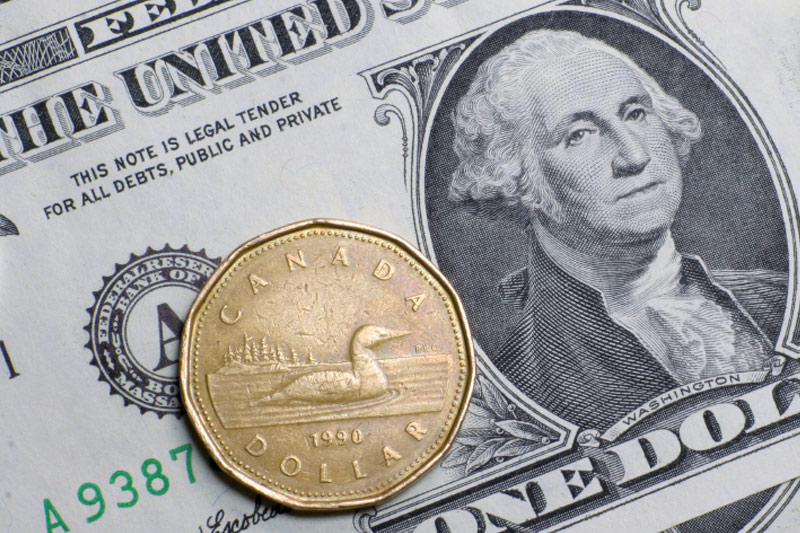Investing.com - The U.S. dollar pared losses against its Canadian counterpart on Thursday, easing off a one-month trough as strong U.S. economic growth and jobless claims reports lent support to the greenback.
USD/CAD pulled away from 1.0837, the session low, to hit 1.0857 during early U.S. trade, stil down 0.06%.
The pair was likely to find support at 1.0829, Wednesday's low and a one-month low and resistance at 1.0897, the high of August 17.
Preliminary data showed that U.S. gross domestic product expanded by 4.2% in the second quarter, beating expectations for growth of 3.9%, after an expansion of 4.0% in the three months to April.
In addition, the U.S. Department of Labor said the number of individuals filing for initial jobless benefits in the week ending August 22 declined by 1,000 to 298,000 from the previous week’s revised total of 299,000.
Analysts had expected the number of individuals filing for initial jobless benefits to rise by 1,000 to 300,000 last week.
The strong data confirmed Federal Reserve Chair Janet Yellen's comments at Jackson Hole last week saying that the U.S. economy is recovering and the labor market is improving.
In Canada, official data on Thursday showed that the current account deficit narrowed to C$11.9 billion in the second quarter, from a revised deficit of C$12.0 billion in the three months to April. Analysts had expected the current account deficit to remain unchanged in the last quarter.
The loonie was higher against the euro, with EUR/CAD shedding 0.21% to 1.4303.
Earlier Thursday, preliminary data showed that German consumer price inflation was flat in August, in line with expectations after a 0.3% rise the previous month.
Data also showed that the number of unemployed people in Germany rose by 2,000 last month, confounding expectations for a decline of 5,000. The change in the number of unemployed people for June was revised to a 11,000 drop from a previously estimated 12,000 decline.
Separately, a preliminary report showed that consumer price inflation in Spain fell at an annualized rate of 0.5% this month, compared to expectations for a 0.2% downtick, after a 0.3% fall in July.
